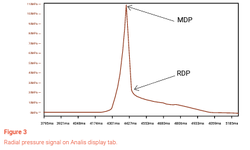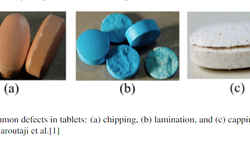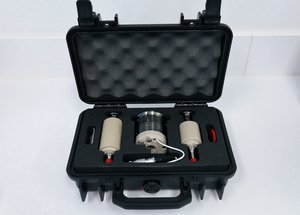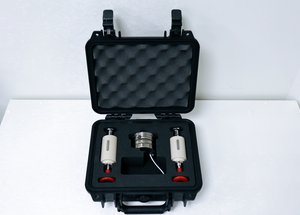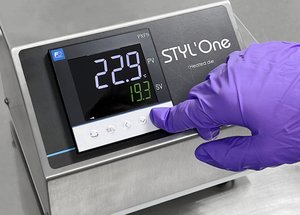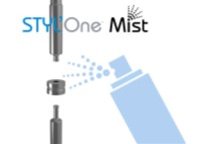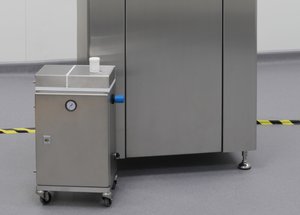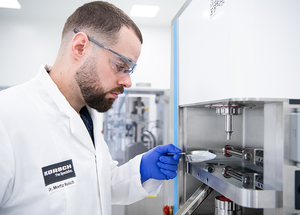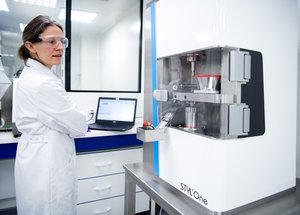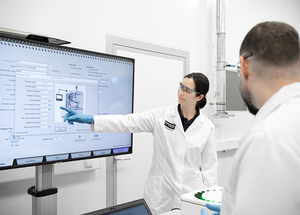Scientific papers
The final properties of tablets are predominantly determined during the compaction process by the development of stresses applied to the powder. Any parameter related to the process or product that might impact this stress evolution can directly influence the ultimate properties of the tablet. In this article, we investigated the effect of friction between the tooling and the powder on the die-wall pressure evolution during compaction, utilizing both flat and concave punches.
Experimental studies were conducted on microcrystalline cellulose, and numerical studies were carried out using finite element method (FEM) simulation. Both approaches indicate that an increase in the friction between the powder and the tooling leads to a rise in the die-wall pressure during tableting. This finding contradicts some results found in the existing literature.
Furthermore, the study reveals that, for flat punches, the stress evolution is primarily influenced by the die/powder friction. Conversely, for concave punches, alterations in the punches/powder friction also affect the evolution of the die-wall pressure. This observation could have practical implications in situations involving sticking, where changes in the friction between the punches and the powder may occur due to film formation on the punches during tableting.
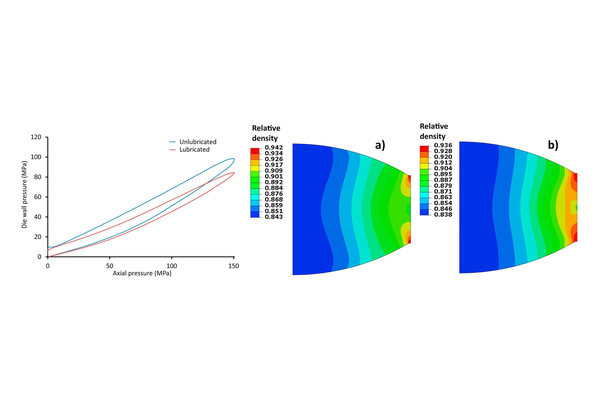
Comments
No comments posted yet.
Add a comment

